Building capacity to develop forest carbon markets in four potential provinces
As Vietnam's commitment to net zero emissions by 2050 enters the realization phase, the forest carbon credit market is considered a "new door" to help localities both protect forest resources and create sustainable revenue.
However, to participate in this global playground, provinces not only need forests, but also quantitative capacity, governance and market connectivity - factors that the project "Building capacity to implement plans to mitigate the impact of climate change and mobilize sustainable financial resources to protect and develop forests, including a high-quality forest carbon market - Carbon for Good" (C4G) recently launched in Lai Chau is gradually supporting to build.
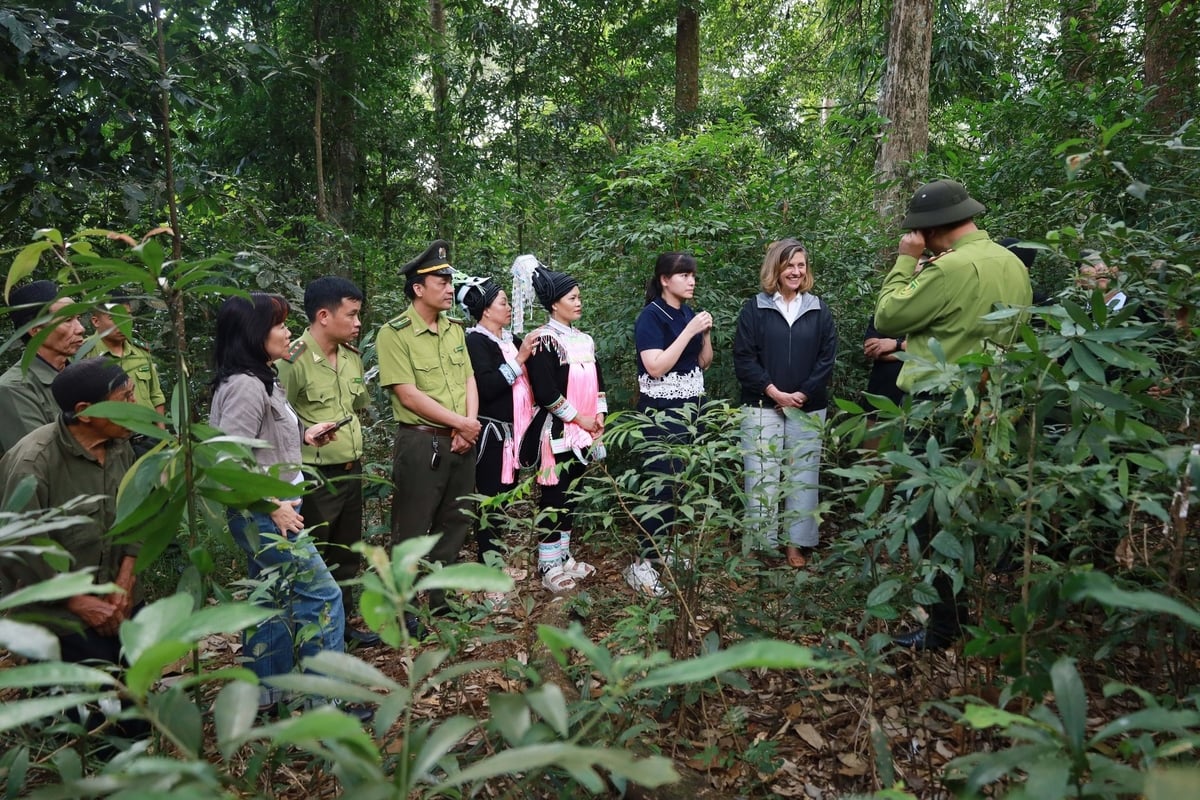
Working group learns about forest protection work in Ta Leng, Lai Chau. Photo: Ba Thang.
Vietnam currently has about 14.8 million hectares of forest, of which more than 4.7 million hectares are planted forests. Experts estimate that the absorption potential of Vietnam's forests could reach tens of millions of tons of CO₂ per year, equivalent to hundreds of millions of USD if converted into internationally standardized carbon credits. However, the biggest obstacle for many localities is the lack of measurement, monitoring and verification (MRV) capacity - key factors for credits to be recognized and traded.
In this context, the C4G Project is considered an important first step. The project is jointly implemented by CARE, the Center for International Forestry Research (CIFOR) and the University of British Columbia (UBC, Canada), lasting until March 2028, with the goal of helping Vietnam form a scientific , technical and institutional foundation to develop a high-quality forest carbon market.
According to Ms. Le Kim Dung, Country Director of CARE in Vietnam, C4G focuses not only on technical aspects but also on ensuring social equity and inclusion. “We want to combine local knowledge with innovative solutions, so that the voices of communities, especially ethnic minority women, are heard in decisions related to forest resources,” she said.
The project is implemented in four localities: Tuyen Quang, Lai Chau, Son La and Can Tho , which have diverse forest ecosystems and are in the preparation phase to participate in the international carbon credit market. The main objective of C4G is to strengthen climate governance towards adaptation and mitigation of climate change impacts in a positive way for nature, through the development of forest carbon markets and expanding private sector participation.
To achieve this goal, C4G sets out four specific groups of results. These are: Assessing the forest carbon absorption and storage potential of each province, creating baseline data for future carbon credit quantification. Assessing the ability to reduce greenhouse gas emissions, helping localities determine their actual contribution to national targets.
Along with that, building a market-ready data profile will help provinces quickly participate in transactions when the legal framework is completed. Finally, there is in-depth training for local officials and businesses, from pricing methods, project development, to assessing risks and opportunities of the carbon market.
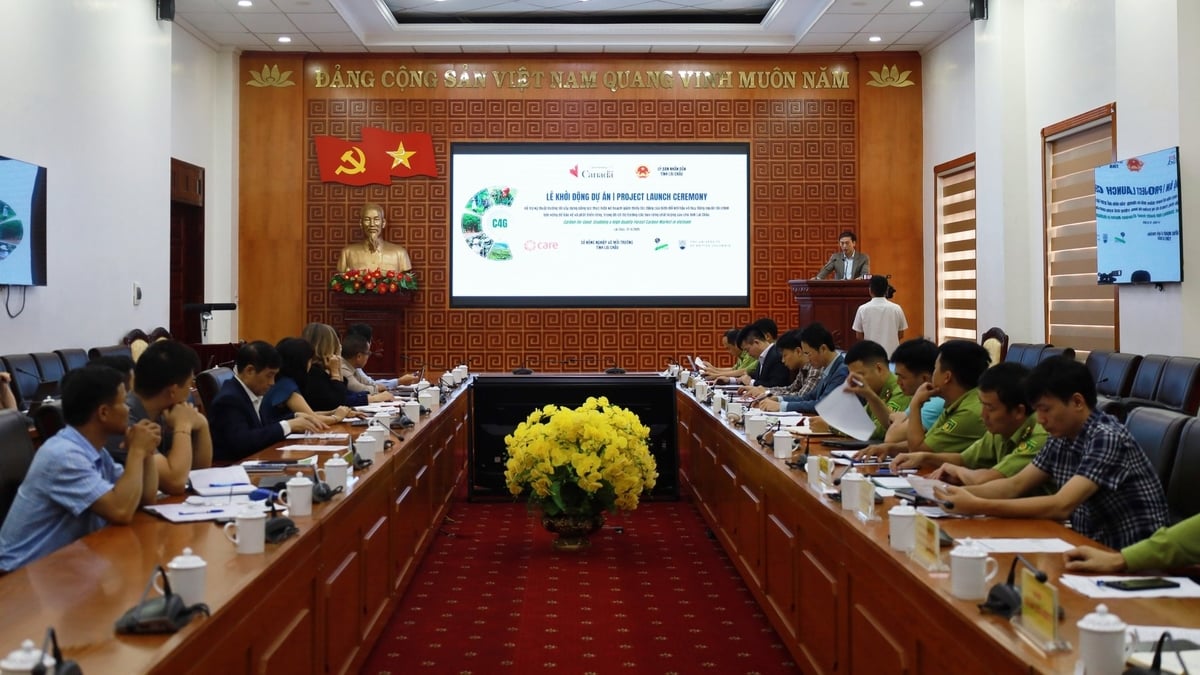
Overview of the launching ceremony held in Lai Chau on October 31. Photo: Ba Thang.
Strengthening the role of the private sector
CIFOR and UBC agree that Vietnam has a large forest area advantage and has strong political commitments. However, to enter the global carbon playing field, Vietnam needs more technical capacity. CIFOR and UBC, with their international network of experts and experience in forestry management, will support the establishment of MRV systems and monitoring technologies, while developing sustainable forest management projects and strengthening institutional capacity at the local level.
In Vietnam, the government has issued many documents guiding the carbon market, including Decree 06/2022/ND-CP and the Project on Establishment and Development of Carbon Market. Some provinces such as Lai Chau, Tuyen Quang, Son La are considered "potential addresses" for pilot projects, thanks to high forest cover and the initiative of local authorities in resource conservation.
Another notable point of the project is the strengthening of the role of the private sector. When the national carbon market mechanism is put into operation, businesses will be able to participate in investing, developing and trading credits to offset emissions. The project therefore focuses on establishing a network connecting the government, businesses and communities, ensuring the market operates transparently, sustainably and benefits forest keepers.
C4G also opens up new cooperation opportunities between Vietnam and Canada in related areas such as forest monitoring technology, developing carbon-neutral timber value chains, green finance and credit certification. Canada is currently one of the pioneering countries in climate finance mechanisms, and the transfer of experience to Vietnam is considered timely during the period when our country is building a framework for operating the domestic carbon market.
The combination of local knowledge and international expertise is expected to help Vietnam be not only technically ready but also institutionally, financially and socially ready to enter the carbon credit market.
CARE is committed to designing project activities over the next three years to closely link science, policy and practice. Experts from CIFOR and UBC will work directly with local governments and communities to co-develop models for sustainable forest management, climate-resilient reforestation and alternative livelihoods for local people.
Source: https://nongnghiepmoitruong.vn/tao-luc-day-cho-dia-phuong-tham-gia-thi-truong-tin-chi-cac-bon-d781696.html


![[Photo] Unique art of painting Tuong masks](https://vphoto.vietnam.vn/thumb/1200x675/vietnam/resource/IMAGE/2025/11/14/1763094089301_ndo_br_1-jpg.webp)

![[Photo] Unique architecture of the deepest metro station in France](https://vphoto.vietnam.vn/thumb/1200x675/vietnam/resource/IMAGE/2025/11/14/1763107592365_ga-sau-nhat-nuoc-phap-duy-1-6403-jpg.webp)







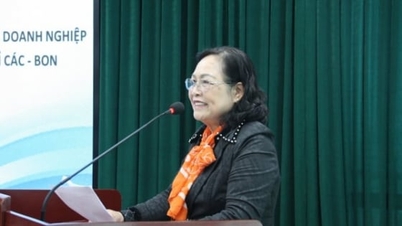

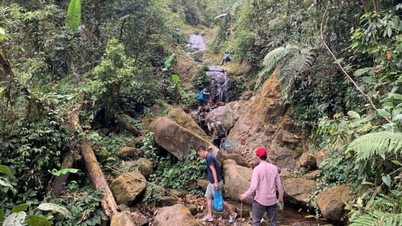




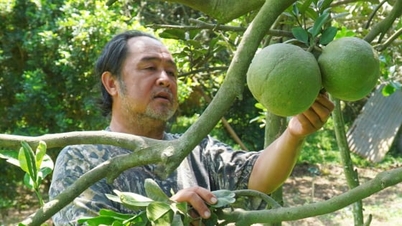
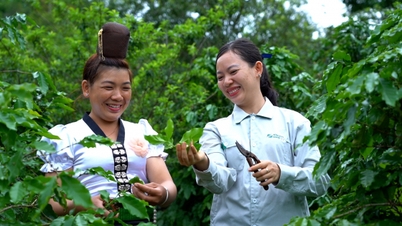
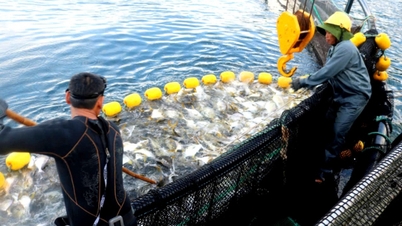
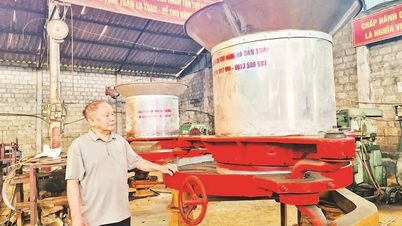

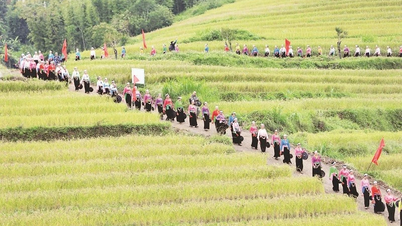
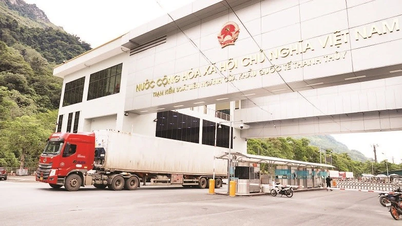




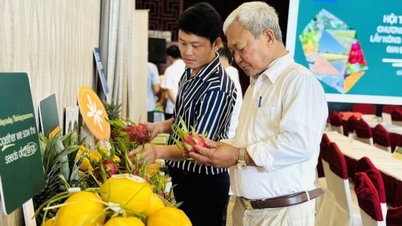
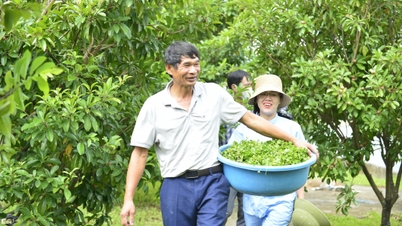
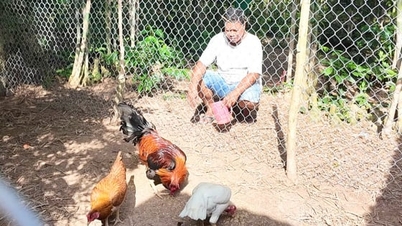
![Mastering knowledge to reduce poverty: [Part 1] People living along Dau Tieng Lake change their lives](https://vphoto.vietnam.vn/thumb/402x226/vietnam/resource/IMAGE/2025/11/13/1763022074414_3026-1-4-062713_608.jpeg)
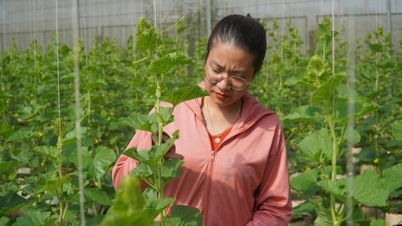

![[Photo] Special class in Tra Linh](https://vphoto.vietnam.vn/thumb/1200x675/vietnam/resource/IMAGE/2025/11/14/1763078485441_ndo_br_lop-hoc-7-jpg.webp)










































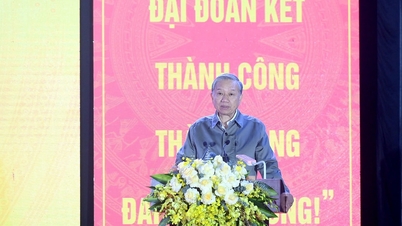




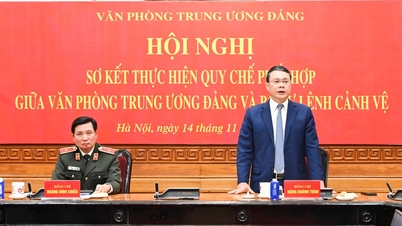




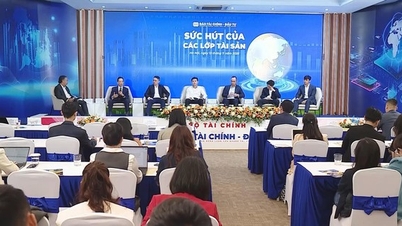
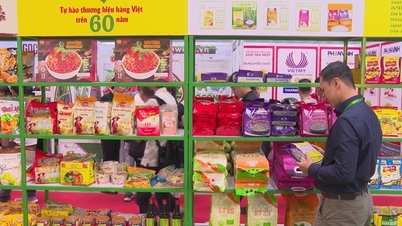

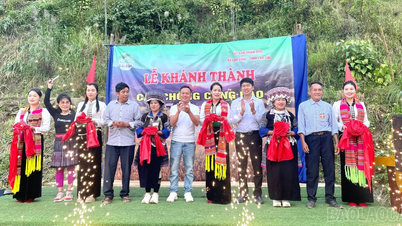
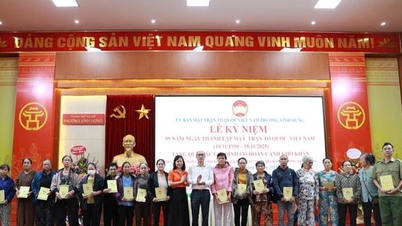













Comment (0)